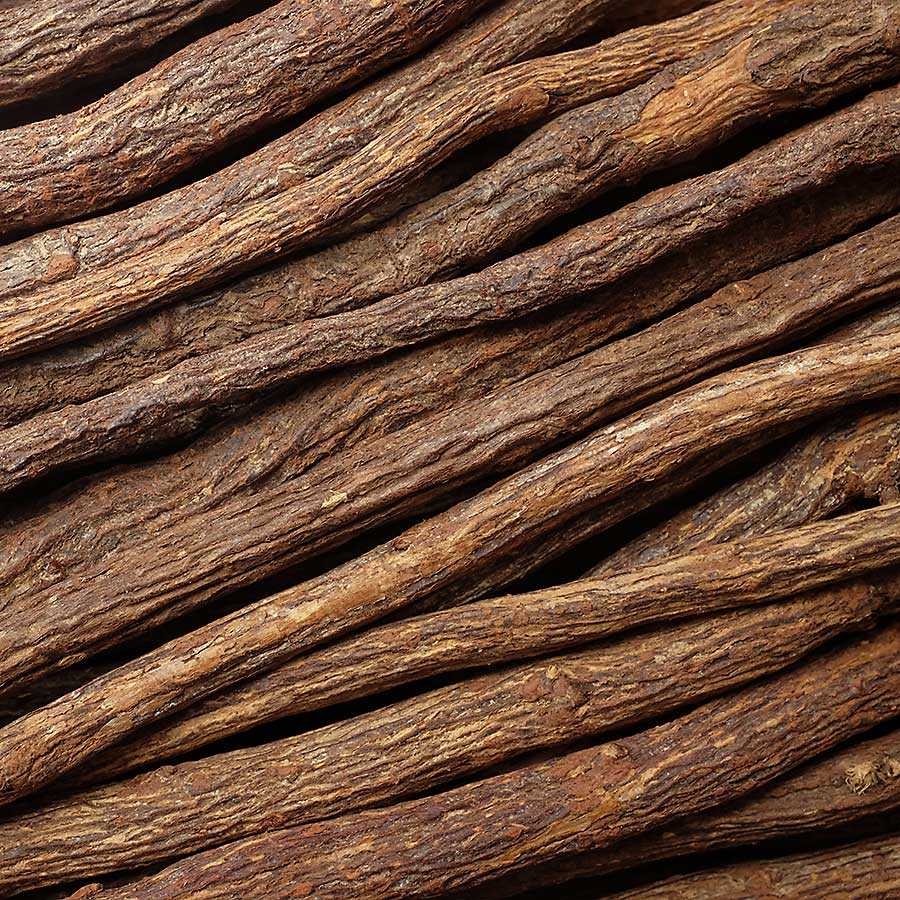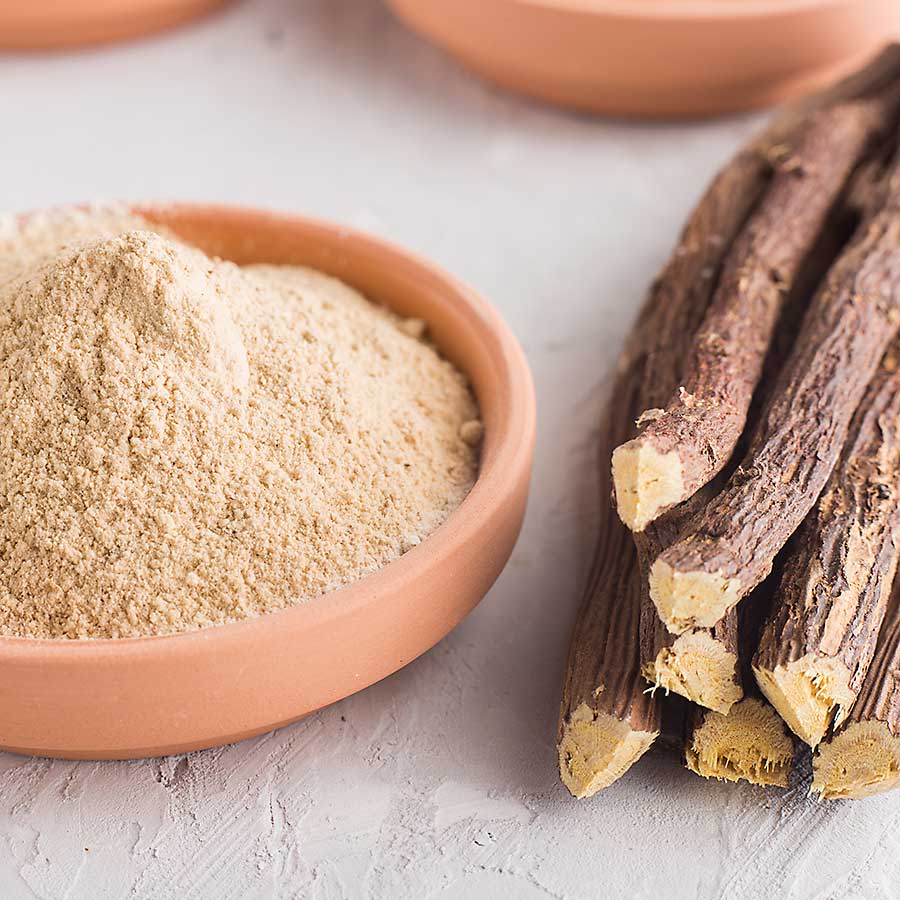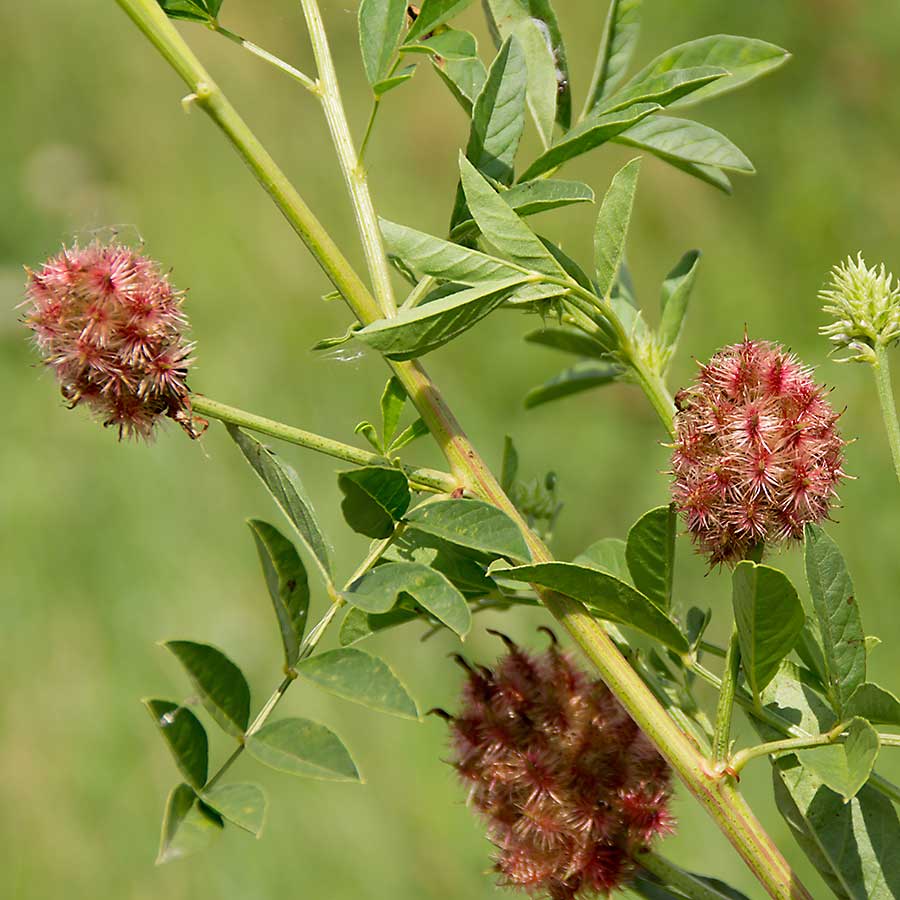Liquorice
Liquorice is the underground stem or rhizome of the plant Glycyrrhiza glabra. The word liquorice comes from the Greek words “glyks” which means sweet and “rhiza” which means root. Ancient civilizations such as the Greeks and the Romans made liquorice extract as we make them today, showing just how long these have been around for. Even the ancient Chinese distilled the essence of the liquorice root, which they then prescribed as a remedy for many illnesses.
The plant is usually found growing wild in many countries in the Middle East as well as south eastern Europe. Liquorice is intensely aromatic and has a sweet flavour, and is often used as a flavouring agent in many cuisines across the globe. Unsurprisingly, it is a key ingredient in many baked goods and confectionaries. However, liquorice candy usually only has no more than 2 percent natural liquorice extract. In most cases, its sweet flavour is thanks to the addition of either a synthetic substitute or anise. A majority of the natural liquorice which are used as a flavouring agent are used for tobacco products such as cigars, cigarettes and pipe tobacco. Liquorice sticks are often soaked and dissolved in hot water and later drunk as tisane.
Private Chefs, Art of Dining
CHEFIN is a private chef platform that’s reimagining social dining.
You can easily connect with 1 of our 250 private chefs and treat your guests to restaurant-quality dining experiences in the comfort of your own home, office or chosen venue. From high-end dining to quirky social food experiences, the CHEFIN platform makes it effortless for you to access gourmet food that’s worthy of a Michelin-starred establishment.
What you get:
-
- Your very own private chef who is vetted and insured,
- A customised menu for your needs,
- 24/7 concierge support,
- Complete post-dinner cleanup,
- A fun, stress-free, and unforgettably dining experience!


